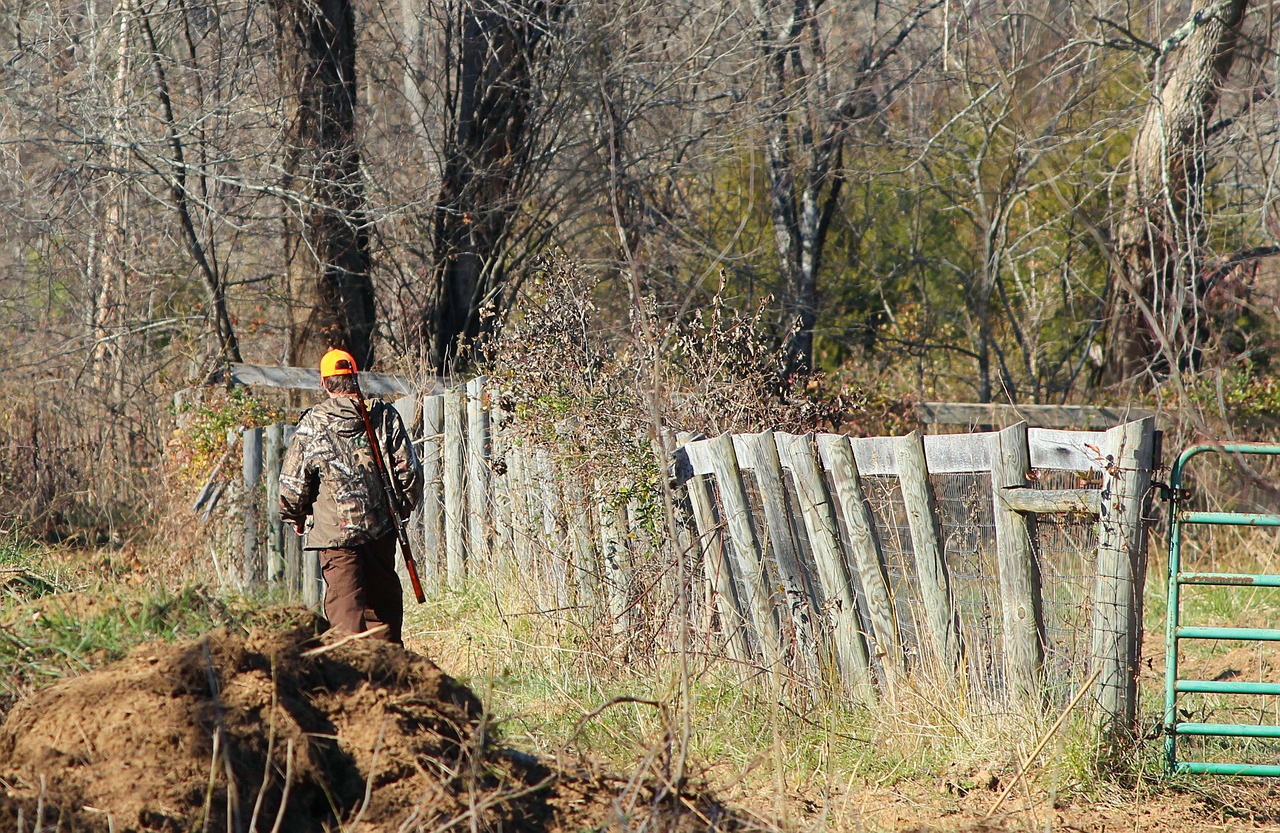The Pageant of Specificity
Howard Schaap
 This fall, I plan to take my twelve-year old pheasant hunting for the first time, as my father took me. Last fall, when he was eleven, I took Micah out to shoot in a gravel pit outside of town, after which time I had one question:
This fall, I plan to take my twelve-year old pheasant hunting for the first time, as my father took me. Last fall, when he was eleven, I took Micah out to shoot in a gravel pit outside of town, after which time I had one question:
What was my dad thinking?
A shotgun in the hands of a twelve year old is an unnatural thing. Even my simple single shot 20 gauge doesn’t fit his body, overbalancing it and conjuring young David in Saul’s armor at best and Wilfred Owen’s “Arms and the Boy” at worst. Though several of his friends already went hunting this year, meaning the peer pressure’s on, after seeing him shoot I contemplate putting him off another year—until his body grows into it, I tell myself.
Enter Hunter Safety training. In order to legally carry even the metal tube plus firing pin that is the shotgun I own, Micah has to complete twelve hours of online course material that will take him through things like a short history of the gun, the various moving parts of various types of guns, and situational hunting ethics, and he’ll have to be able to show that he can handle a .22 safely under the watchful eye of an instructor at a scheduled “field day.”
Observing the online course over his shoulder, I’m reminded of why guns and hunting are so bewitching: particularity.
Consider the action types: break action (think the double-barrel shotgun of every old coot in every old film you’ve seen), bolt action, lever (think every western), pump (think onomatopoeia: “snick-cluck,” in one Faulkner story, “chuh-chuh” in ominous adolescent boy parlance), and semi-automatic. Going through action types feels like insider information, and I can feel Micah’s interest grow.
In a later chapter, a man literally up to his eyes in camo disappears against the backdrop of a tree; his decoys set carefully in the field in front of him, he squeaks out a perfect turkey cluck with what looks like a stick and cross section of limb but is really a slate call. Micah asks, “Can we go turkey hunting?”
My question exactly.
Once, during my MFA program, the fiction writers heard a craft lecture on the topic of guns. If you’re going to talk about something like a gun in your writing, the idea went, you’d better talk about them specifically and well. They came out bright-eyed, thinking about their work and the world more closely.
This is what details and paying attention and writing do: focus us in on the world.
Micah passes the field day tests. Seeing how conscientious he is in handling the .22, I feel somewhat better. At the end of the day, the students are given a chance to shoot clay pigeons, first with a 20 gauge and then a 12 gauge. I convince Micah to try it, though he’s nervous. He’s never shot either, and he’s worried about the kick they will give, and whether he’ll miss. Knowing the situation, he’s probably equally embarrassed to not shoot, a more dangerous motivation, conjuring in a small way The Things They Carried.
But we’re among friends here. One of Micah’s instructors was also the instructor at my field day almost thirty years ago, a man who once told me how disappointed he gets when the novels he reads don’t get the guns right. When it’s Micah’s turn, he readies the black 20 gauge pump and once again looks the part of David. The gun’s unwieldy; he looks as if he could tip over. As the first pigeon wheels outward, a bright orange disk against the warm background of gravel piles, Micah fires but misses, the disk breaking against the ground. He carefully snick-clucks the second shell into place. When the second target spins through the air, Micah finds it at the end of his bead and fractures it with his shot. He’s satisfied, even pleased, but also ready to leave. He doesn’t feel the need to shoot a bigger gun.
I look forward to the fall pheasant hunt: father and son in blaze orange amidst the shades of fall on a crisp October day; walking some rare, grassy corner of the plains; startling a bird skyward, a bird so painted it can only be exotic; maybe knocking it down with lead shot, opening the break action to smell the quick bitter smoke of the powder; toting the bird home to clean it, including heart, liver, and gizzard so Micah’s Grandma can cook it; eating it, as part of our particular practice, as laab gai, ground up with herbs and accompanied by a salty soup.
In reality, it might not work this way—the weather will be too cold, too hot, too windy; more likely than not, I’ll miss, hopefully Micah won’t; maybe we won’t see any birds and we’ll need to use frozen chicken for the laab. No matter, because the pageant of pheasant hunting, gun safety, eating laab gai, all of it is a way to turn us to the things of the world, the ongoing pageant of the specific.